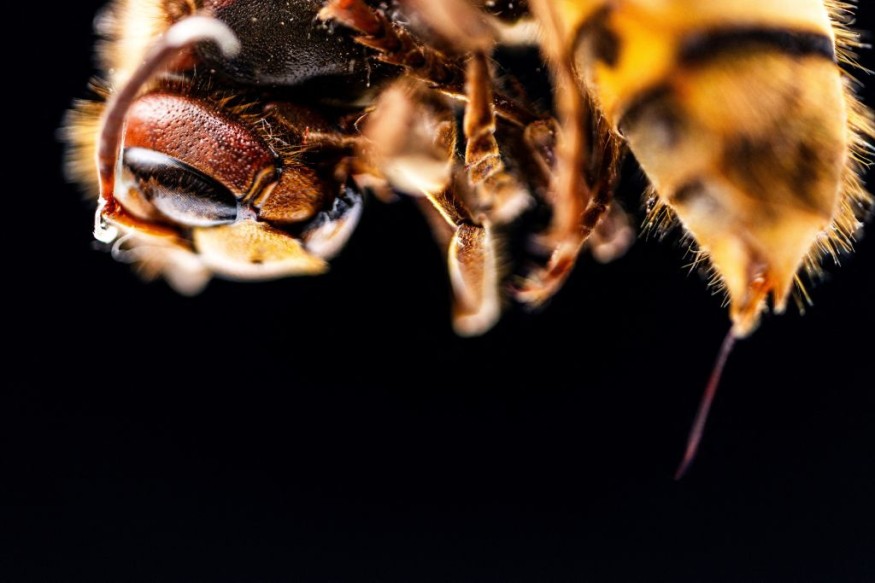
A tiny wasp is making a big difference in the survival of one of the world's rarest birds, the Wilkins' bunting. This critically endangered bird is found only on Nightingale Island in the remote Tristan da Cunha group in the South Atlantic.
The Wilkins' bunting relies heavily on the fruit of the island's only native tree, the Phylica arborea, for food. However, an invasive scale insect was accidentally brought to the island by humans around 2011.
Tiny Wasp is Helping Save the Rare Wilkins' Bunting
This sap-sucking insect has caused severe damage to the trees and has led to the growth of sooty mold, which can weaken and kill the Phylica arborea. Without this tree, the Wilkins' bunting faces the threat of extinction.
The situation worsened in 2019 when storms severely damaged the forest. Surveys indicated that only about 120 breeding pairs of Wilkins' bunting remained. Recognizing the urgency of the situation, conservationists launched a unique plan to protect the birds.
The Royal Society for the Protection of Birds (RSPB), along with scientists from CABI and the Food and Environment Research Agency (FERA), collaborated with the Tristan da Cunha Government to find a solution.
Their strategy involved introducing a small parasitic wasp called Microterys nietneri, which effectively controls the scale insect population without harming other species. This clever approach offered a natural solution to the invasive insect problem, allowing the native bird population to recover.
Trevor Glass, who leads the Tristan Conservation Department, noted that many people on the island were not aware of the damage caused by the scale insects before the project began. Now, there is a greater understanding of how these invasive species can harm local ecosystems, according to The Mirror.
READ MORE: 4,000-Year-Old Tomb of Egyptian Governor's Daughter Discovered With Intact Coffins
Wasps' Journey to Help Wilkins' Bunting on Nightingale Island
The journey of the wasps from London to Nightingale Island was quite extraordinary. Dr. Norbert Maczey, an insect expert at CABI, described the adventure that the wasps undertook.
After a long flight to Cape Town, the wasps had to stay in quarantine due to COVID-19. Then, they traveled for a week by boat to Tristan, followed by another boat ride to reach Nightingale Island. Despite the challenges, many of the wasps survived the journey and were successfully released into their new home in April 2021.
Since their introduction, the wasps have been reproducing within the scale insects, helping to reduce their numbers significantly. Dr. Maczey reported that the wasps have quickly made themselves at home, and the trees are starting to show signs of recovery.
Recent surveys indicate that despite losing around 80% of the forest, the island still supports an estimated 60 to 90 pairs of Wilkins' bunting.
The project aims not only to support the recovery of the Wilkins' bunting but also to enhance the overall health of the forest. Plans include creating a tree nursery to increase the population of fruiting trees and strengthening biosecurity measures to prevent similar threats in the future.
David Kinchin-Smith, the project manager for RSPB's U.K. Overseas Territories, expressed confidence in the project's potential to reverse the decline of this endangered species. He emphasized that with the right resources and knowledge, conservationists can help protect vulnerable wildlife and ensure their survival, The Guardian reported.
© 2026 ScienceTimes.com All rights reserved. Do not reproduce without permission. The window to the world of Science Times.










